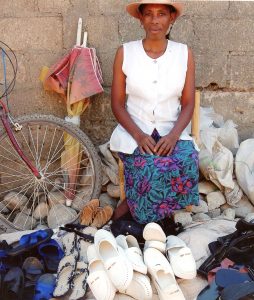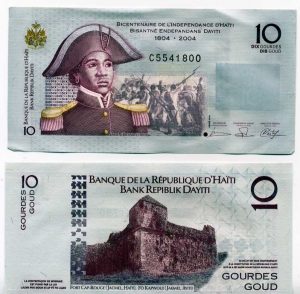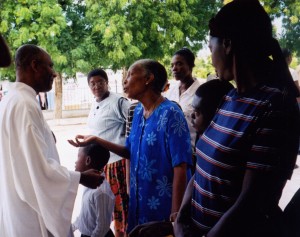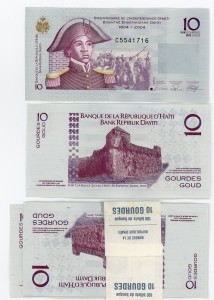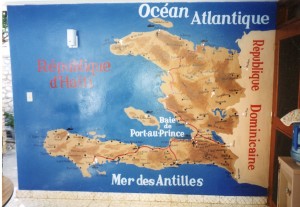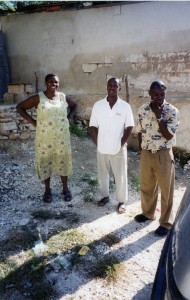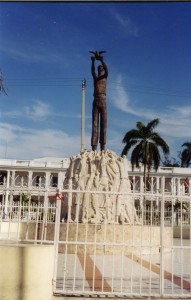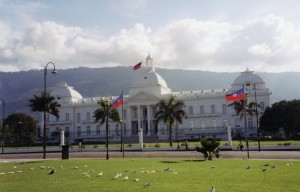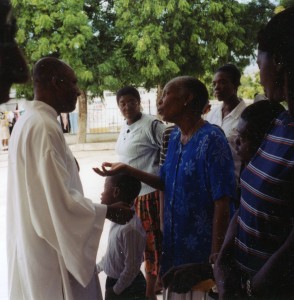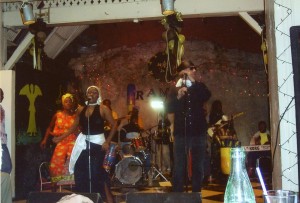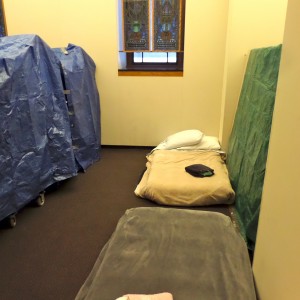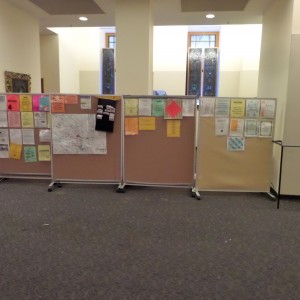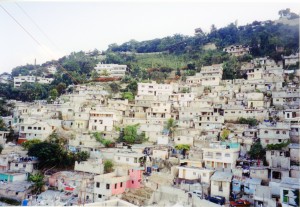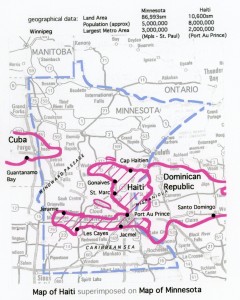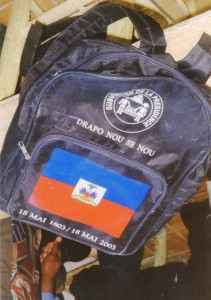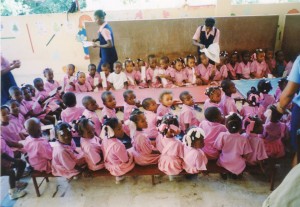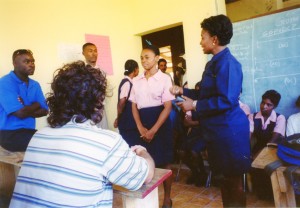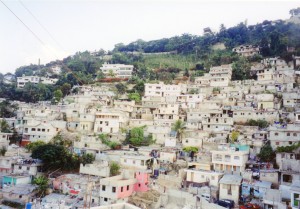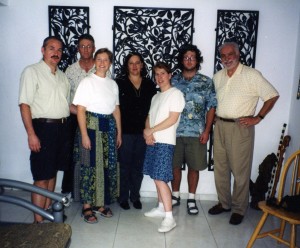UPDATE JAN 22, 2014: Dr. Schwartzberg has kindly provided the essence of his talk on January 16. You can read it here: Dr. Joseph Schwartzberg TRANSFORMING THE UN, Talk at St. Joan of Arc.
Dr. Schwartzberg emphasizes this isn’t a script, more an outline of his remarks.
UPDATES, including comments, will be added at the end the text. There is also a “responses” feature.
An earlier post about this book was published Jan 2, here.
More about Dr. Schwartzbergs work here and here.
January 16 over 40 of us had the privilege of hearing Dr. Joe Schwartzberg (Schwartzberg Bio001) introduce his new book of ideas on Transforming (rather than “Reforming”) the United Nations System. (Schwartzberg Endorsement001)
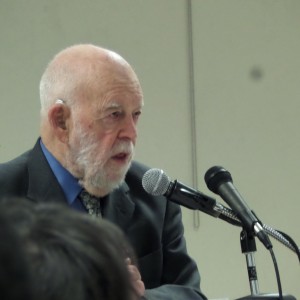
Dr. Joe Schwartzberg Jan. 16, 2014
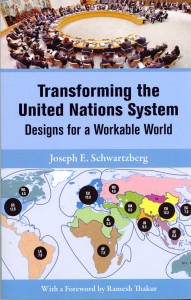 How does one summarize two rich hours, during which even the author of this important new book could only scratch the surface of its content?
How does one summarize two rich hours, during which even the author of this important new book could only scratch the surface of its content?
Impossible.
Best advice: buy the book (information at end of this post), and make a winter project to read it all; agree with it, disagree with it, dialogue about it, have study groups talk about it, but make it an opportunity to learn about an ever more important international institution trying to help 192 nations and over 7 billion people have a future.
The United Nations is far more than simply two simple words created 68 years ago in the “never again” rubble of WWII. The institution remains crucial to our planetary survival: a few hours after the Thursday meeting a front page headline in the Minneapolis Star Tribune read “Climate risk is critical, U. N. warns”, quoting a near-final draft report of the
Nobel Peace Prize winning U. N. affiliated Agency, the
Intergovernmental Panel on Climate Change:
STrib Climate Change001
In its 400 pages,
Transforming the United Nations System, Designs for a Workable World (hereafter “Transforming”) sets about the task of describing the UN system, and making suggestions for improving its capacity for dealing with relationships between nations in an incredibly diverse and ever more tied together and dangerous world.
It is an academic work, and I predict it will get more than a cursory look at UN and other government and non-government agencies concerned about global issues and solutions to those issues.
Since the post-WWII days of its forming, when five victor nations and 48 others, led by the United States, created the United Nations, and later set up its headquarters in New York City, there are now 192 state members in the United Nations. These states are of almost unfathomable diversity: from a nation with less than 10,000 population to one with far in excess of 1,000,000,000 population; from extraordinarily rich, to very poor, all of us occupying the same speck of the small planet earth. And no longer are we separated by geographic distance or even geographic boundaries.
What happens one place, affects others….
*
Here are some small additional contributions to the conversation about the United Nations (I welcome your additional comments).
Only once in my life have I been at the United Nations in New York City. It was late June, 1972, and we were on a family trip.
A few days earlier we had been in metro Boston at a college, I think it was Clark College (now University) if memory serves, and we saw a gigantic globe on the grounds.
After leaving the UN that cool and overcast day in June we went down the street, almost literally, and saw the still under construction World Trade Center towers, and then went out to see the Statue of Liberty. The snapshots I took then are below, and in a way they represent the promise and the quandary of the present day world in which we live: little over 40 years ago in time, but so very far away in so many things that directly impact out future.
(click to enlarge photos)
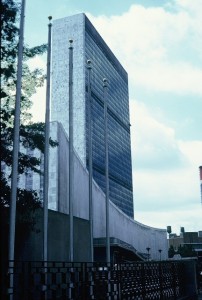
United Nations late June 1972
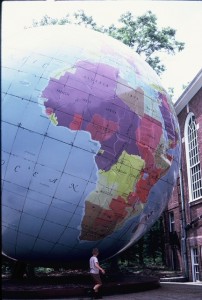
Giant globe, Boston June 1972
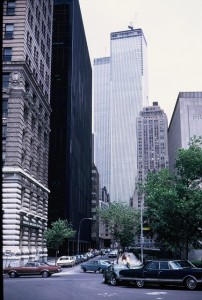
Twin Towers late June 1972

Joni and Tom late June 1972

New York City from the Statue of Liberty late June, 1972
We saw other places of great historic significance on that trip. Boston, Philadelphia, etc. A trip now near 42 years ago, not to be forgotten.
(Best as I can determine, from Transformation, 59 of the current 192 UN member nations have joined since my visit in 1972. The original UN nations numbered 53 in 1945.)
*
The United States is one of the UN’s 192 member nations, quite young at 227 years, no longer having the luxury of isolation and and the now-fantasy of our exceptionalism (though some would still wish this to be so).
In one sense the U.S. is definitely “exceptional”. In Transforming, the data on pages 338-345 show the United States as having less than 5% of the world population, and near 25% of the Global National income. No other country among the 192 even approaches a 10% share. China, at about 9% is second. We are exceedingly wealthy, and prone to lose perspective. Even our poor are relatively wealthy….
The U.S. is the most generous country in funding the UN: we provide 22% of the UN budget according to the book.
Best as I can determine, the current UN budget is about 5.5 billion dollars, not including peacekeeping and funding for several major UN agencies, which are separately organized and funded, but nonetheless considered UN projects. With world population at about 7 billion, this means less than $1 per year per person is allocated directly to the United Nations by member states.
If 5.5 billion and 22% share is accurate, the U.S. contributes about $1.1 billion to UN operations this year, meaning, divided by our 310 million people, that we each contribute about $4 per year to fund this agency. (The most recent state of
Minnesota biennial budget is about $63 billion for a population of less than 6 million.)
Of course, every fact is open to argument.
But as a country the U.S. is so rich, it is difficult for even ordinary folks with ordinary income to comprehend how unequal we are.
*
Like most citizens, I have only limited knowledge about the world perspective. I think I’ve been to about 13 countries in my lifetime.
Since 2012, I’ve had a real gift from my sister, Mary Ann, who’s been a Peace Corps Volunteer in another United Nations member nation,
Vanuatu.
According to the data in Transforming, Vanuatu, in the United Nations since 1981, has a population (251,000) about two-thirds the population of the city of Minneapolis MN, and a negligible Gross National Income.
Since her posting at Vanuatu in the fall of 2012, Mary Ann has provided regular updates on her experience there. You can view her commentary
here.
More personally, my first hand acquaintance with the UN country of
Haiti began in 2003 about the time the political turmoils were about to take down the democratically elected government of Jean-Bertrand Aristide. February 28, 2014 (the actual date was February 29, 2004) is the 10th anniversary of the coup d’etat that led to the exile of President Aristide.
While Haiti has been a member of the UN since the beginning (1945), the near 10 million population island nation has both a dependence on and less than desirable view of the United Nations, and particularly UN member states the U.S., France and Canada which quite demonstrably interfered with its democracy, and officially give only lip service to helping Haiti succeed as an independent nation (Haiti is the land of thousands of NGOs [non-government organizations], coming from everywhere, to help with everything, not always constructively or cooperatively).
There are many connections between the U.S., the UN, and Haiti, not always direct, or easily sorted out, and not always negative, but always mysterious.
On one occasion on our 2006 trip we met with a French speaking Canadian police representative, a very nice man, whose job it was to train local police representatives in the interior city of Ench (Hinche). He was funded through the UN, which in turn was funded by Canada, which may have been supported by the United States. It was all a mystery.
On the same trip, while having a tire repaired on one of our vehicles, we met with some Nepalese soldiers on break in a park in Mirebelais, not far from their post. They were in a UN vehicle, and nice kids. Nepal is a poor country, and being part of a peace keeping force would be, at least, a job for these young military representatives. Likely some Nepalese soldier unknowingly introduced Cholera into Haiti; this was translated into the UN’s fault.
And of course the devastating hurricanes and the deadly earthquake in January 2010….
Between 2004 and 2006, especially, I maintained some web resources on Haiti, still accessible
here.
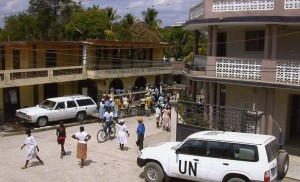
March, 2006, Ench Haiti
*
Some summary thoughts:
In sum, we need each other. But relationships, individual needs and aspirations, and how to accomodate them, can be very complicated. And the UN is a part of a solution….
It is easy to kick around the United Nations, that supposedly sinister force some allege has unmarked helicopters about to force World Government on them. (These are the same types who would encourage their “sovereign” state to pull out of the United States.) “UN” can be and has been used as a convenient hate word.
But we are, like it or not, living in an interdependent world where isolation does not work as a national strategy, and then are extremely negative consequences for the strong, if we do not care a lot about the weak.
In a very real sense, the tragedy of 9-11-01, symbolized by the Twin Towers, pictured above when they were still under construction, is simply a signal that we are not isolated on a big rich island bordered by oceans; nor insulated from the rest of the world. Nor is the welfare of the rest of the world of no concern to us.
For just a few examples: man-induced global climate change does not respect borders; disease epidemics are a daily and exportable possibility from anywhere in the world at any time; the vulnerability of the internet is a reality; the possibility of dangerous mistakes or intended outcomes of genetic modification which will affect us all. These are among the things we, as citizens of this small planet, need to pay attention to.
With all its faults, the United Nations has made the world a better place, and would be sorely missed were it to disappear.
*
Buying Dr. Joe Schwartzberg’s book:
I can connect you directly with Dr. Schwartzberg. Just send me an e-mail: dick_bernardATmsnDOTcom. I’ll get the message to him. Include information such as mailing address and phone.
Or, you can order directly from United Nations University Press,
here is the link.
*****
Columnist Eric Black wrote about Joe Schwartzberg and the book in MinnPost on Jan 14, 2014: link is here.
from John B, Jan 20: Congratulations to Joe Schwartzberg for his thought provoking and visionary prescription for transforming the United nations. There is little chance for the ideas to be enacted anytime soon, but in time, possibly. One of the most moving experiences of my life was visiting the UN headquarters in New York about six years ago. I was struck by the vision of possibility and, at the same time, a sense of hopelessness as I thought about how difficult it is for powerful nations, like the USA, to share the power it has with other nations.
Joe is a treasure. He is first of all a thinker and a powerful teacher. He is an example for all educators who embrace their discipline (geography in his case) and use their knowledge and understanding to project transformational ideas into the world. Thanks , Joe.


